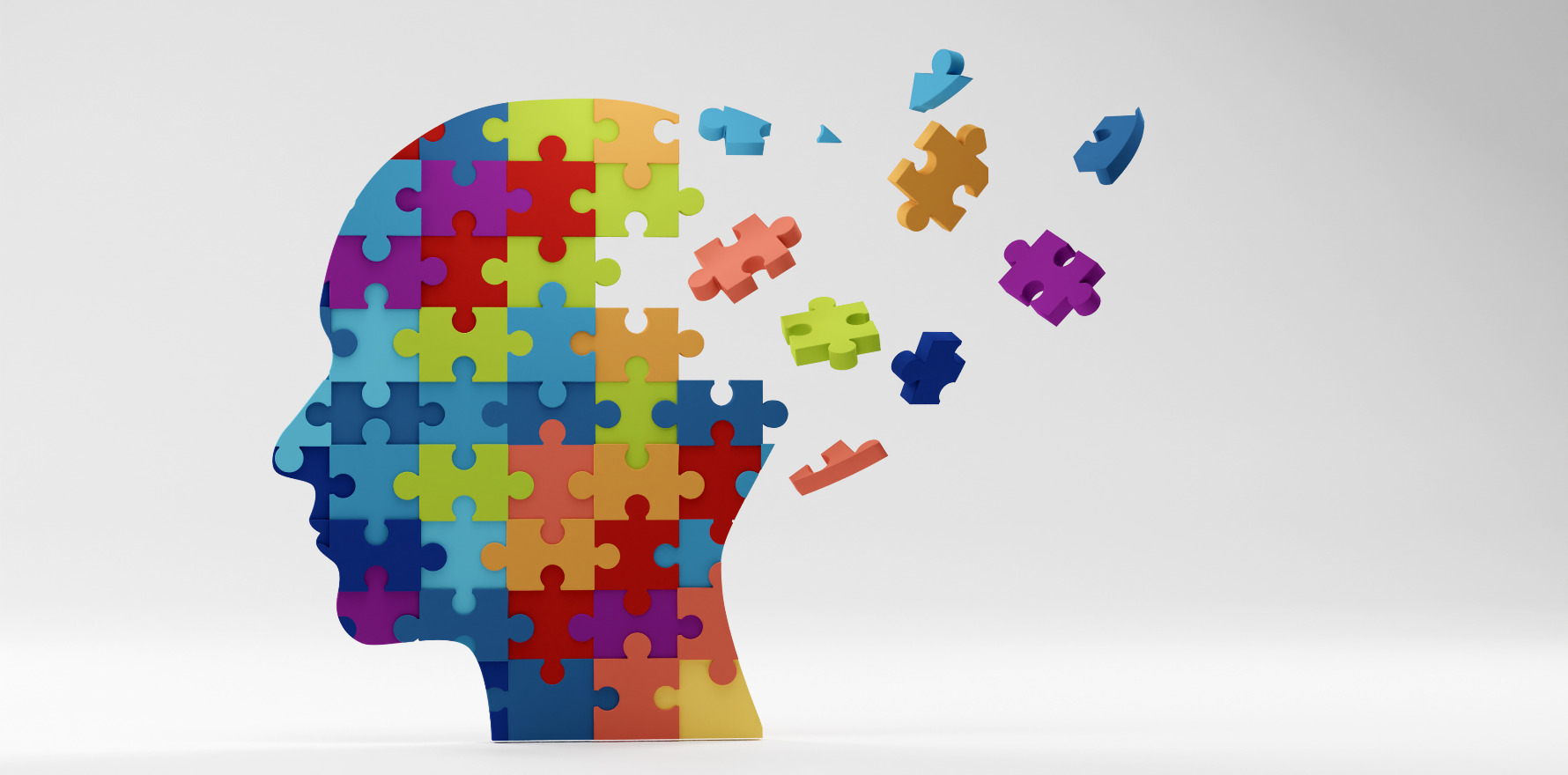The nations peak body wants an urgent national conversation on the issues, as it releases prevalence estimates for 2025.
The prevalence of dementia is projected to double within the next 30 years without significant intervention, highlighting the urgent need for a national conversation on dementia and brain health, says Dementia Australia.
The peak body’s call follows the release of 2025 prevalence figures for dementia in Australia.
Dementia Australia CEO Professor Tanya Buchanan said an estimated 433,300 Australians were living with dementia in 2025.
“Dementia Australia’s research clearly shows that there has been a sustained and profoundly concerning lack of awareness and understanding about dementia in the community – with many Australians mistakenly believing dementia is a normal part of ageing,” she said.
“Dementia Australia is calling for critical investment from the Federal Government to support a national conversation on brain health, combined with more targeted and effective supports for people impacted by dementia.
“Taking this dual approach will ensure we are working towards reducing the impact of all forms of dementia.”
Data estimates from Dementia Australia show:
- In 2025 there are an estimated 433,300 Australians living with dementia. Without a significant intervention, the number of people with dementia is expected to increase to an estimated 812,500 by 2054.
- In 2025 there are an estimated 29,000 people living with younger onset dementia, expected to increase to an estimated 41,000 people by 2054.
- An estimated 1.7 million people in Australia are involved in the care of someone living with dementia.
- At least half of people living in permanent residential aged care have dementia.
Pam Eade, who lives with primary progressive aphasia, said the figures highlighted the importance of raising awareness of dementia in our communities.
“The lack of knowledge and understanding in our communities has substantial negative impacts on people living with dementia, their families and carers,” she said.
“Low awareness contributes to discrimination, stigma and isolation. Poor understanding creates barriers to timely diagnosis and to accessing ongoing medical and social care.
“Raising awareness of dementia and educating people about what they can do to reduce their risk of dementia is of paramount importance for all Australians.”
If this story has prompted any questions or concerns, please call the National Dementia Helpline on 1800 100 500 or visit dementia.org.au

